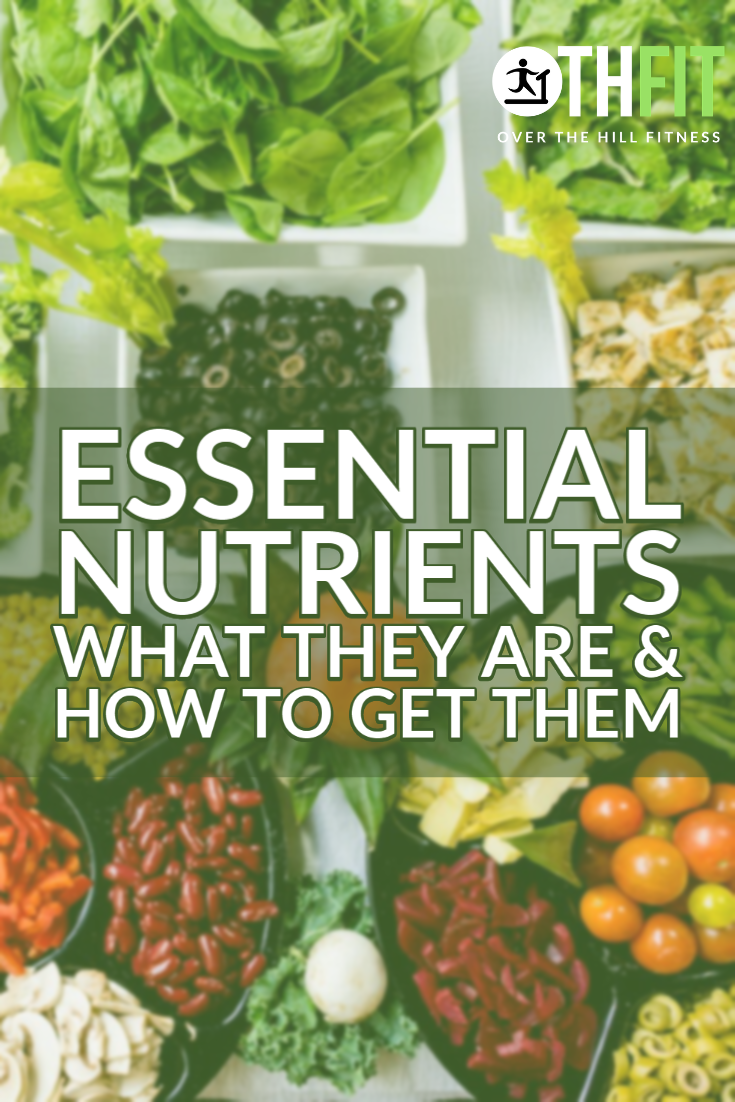
Essential Nutrients – What They Are & How to Get Them
I’m sure you’ve heard advertisers tout that their product provides essential nutrients. We are constantly told we need to eat healthful foods, get our vitamins and minerals in, and strive for a balanced intake of all of the essential nutrients but has anyone ever really defined what that means? Let’s take a look at what the essential nutrients are, why we need them, and ways we can make sure we are getting them every day.
What are the Essential Nutrients?
At the very basic level, essential nutrients are things your body has to have but isn’t able to make in adequate quantities. Some of these are needed in small amounts and some in larger amounts so the Essential Nutrients are divided into macronutrients – those that are needed in large amounts and micronutrients – those that are needed in small amounts.
Macronutrients
The essential nutrients needed in larger amounts are known as macronutrients they are water, proteins, fats, and carbohydrates.
Water
This is the most important of the essential nutrients and the one that is needed in the highest quantity. In my post How Much Water Should You Drink in a Day? I explored the importance of water, how much you need each day, and lots of great ways to make sure you get it in.
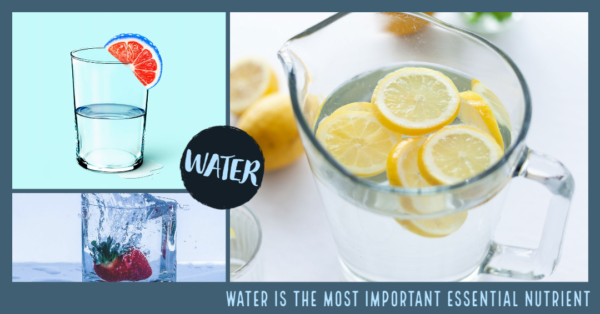
The quick overview is that the guideline for water intake is about 11 and a half cups (2.7 liters) a day for an adult woman and 15 and a half cups (3.7 liters) a day for an adult man in a temperate climate. However, that number changes based on activity level, weather, health condition, and other variables.
The good thing is that this intake includes all fluid even that which you get through food, on average about 20% of your daily water intake comes from your food. For more in-depth information on the essential nutrient, water check out this article.
Proteins
Proteins are incredibly important to every cell in your body.
- They aid with the growing and repair of your skin, hair, bones, tissues, and muscles.
- Some proteins are called enzymes and they are vital to many body functions such as:
- digestion
- blood clotting
- muscle contractions
- producing energy
- Proteins can also be hormones with many different functions in the body.
- Proteins work as the infrastructure of the body, some examples are:
- keratin which is structural for your skin, hair, and nails
- collagen which is structural for your bones, ligaments, tendons, and skin
- elastin which is structural for other body tissues.
- Proteins help in maintaining the body’s Ph levels
- Aid in balancing the fluids in your body
- Proteins help create antibodies that fight infections to assist in keeping the body healthy.
- Proteins carry nutrients through the blood, in and out of cells and store them.
- Protein gives energy to the body. Protein has 4 calories per gram; this is the same as a gram of carbohydrate.

How Much Protein Do You Need?
Figuring out how much protein you need each day depends on many factors. If you are an athlete or very physically active in your job you’ll need to increase your intake if you are trying to lose weight you may want to increase your protein intake.
There are a few online calculators you can use to determine your needs. If you follow a ketogenic diet, I recommend the Ketogains calculator, it will actually give you your fat and carb macros as well.
If you are trying to lose weight or gain muscle I like this calculator from Transparent Labs. I don’t use or know anything about their products I just like how customizable the calculator is.
There is also this calculator from Healthy Eater that can be used by anyone, even if you are wanting to maintain your current weight.
What Do You Eat to Get Protein?
- Poultry – Chicken, turkey, duck
- Red meat – Beef, bison, pork, venison
- Fish and other seafood
- Legumes and beans
- Eggs
- Dairy like yogurt, milk, cheese
- Soy like tempeh and tofu
- Nuts, nut butters
- Some grains, like quinoa and oats
- Vegetables – yellow corn, potatoes, cauliflower, bok choy, asparagus, brussels sprouts, and broccoli are all high in protein
Fats
Fats give energy to the body, in fact, they provide more energy per gram than either carbohydrates or proteins, at 9 calories per gram. That’s more than twice the other two!
Fats have many uses in the body. They help with:
- Blood clotting
- Building new cells
- Cell growth
- Healthy fats lower the risk of heart disease and Type 2 diabetes
- Muscle movement
- Brain function
- Keeping blood sugar balanced
- Vitamin and mineral absorption
- Immune function
- Producing hormones
How Much Fat Do You Need?
The number of fats you will need in your diet will again depend on your way of eating. If you are eating a ketogenic diet or a Low Carb/High Fat diet you will want to eat more than the American nutrition guidelines. In that case use either the KetoGains or the Transparent Labs calculator to find the right Fat macro for you.
If you eat a more traditional diet then use the Healthy Eater or the Transparent Labs calculator to figure your macro. I think it’s important to use a macro calculator to give you a guideline, even if you don’t track because it’s individualized. If you just go by the general 20-35% of your diet as recommended by the Dietary Guidelines of America, it’s not at all tailored for you, your lifestyle, your body, or your way of eating.
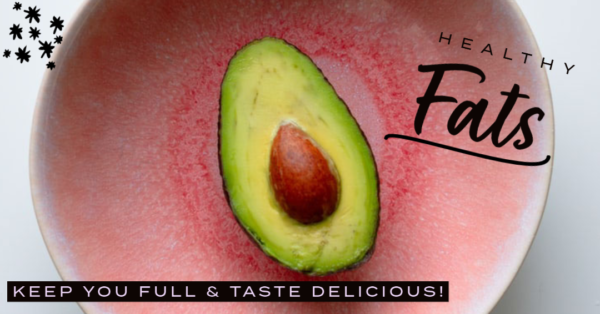
What Do You Eat to Get Healthy Fats?
The best thing about healthy fats is that they are delicious they also help you feel full so they are really helpful for anyone on a ketogenic diet or a Low Carb/High Fat diet.
Some great options for healthy fats are:
- Nuts
- Fatty fish like salmon and tuna
- Coconut Oil
- Avocado and Avocado Oil
- Nut and Seed Butters
- Flax Seeds
- Olives and Cold-Pressed Olive Oil
- Chia Seeds
- Full Fat Greek Yogurt
- Whole Eggs
- Butter
- Cheese
Carbohydrates
**Carbohydrates are classified as an essential nutrient; however, while some experts call for up to 65% of our diets to be made up of complex carbohydrates, more doctors and scientists are studying the efficacy and safety of low-carb/ketogenic diets. In fact, every benefit that the body receives from carbs can be provided by protein and healthy fats assuming you eat them in adequate amounts. The caveat to this is that there are few long-term studies on low-carb/ketogenic diets although, this is changing.**
Carbohydrates are divided into two types; simple and complex. Simple carbs are often called “white carbs” they are things like white flour, sugar, processed treats, white bread, pasta, and rice. Complex carbs are breads and pastas made from whole grains, fruits, and vegetables. It is recommended to avoid simple carbohydrates.
Carbohydrates are used for energy, much like proteins. They are also used for:
- Supporting immunity
- Brain function
- Nervous system
- Aiding in digestion
How Many Carbohydrates Do You Need?
The number of carbs you will need each day will depend on what type of way of eating you are following. If you agree that carbohydrates are an essential nutrient then you will want to use either the Transparent Labs or the Healthy Eater calculator to figure out what your carb macro should be.
If you follow a low-carb or ketogenic diet, you’ll want to use the KetoGains or the Transparent Labs calculator.

What Do You Eat to Get Carbohydrates?
Remember that it’s best to avoid simple carbohydrates as they offer very little nutrients or fiber. Instead focus on getting complex carbs that are nutritious and fiberful. You can find them by eating:
- Veggies
- Whole-grain breads, pastas, and baked goods
- Fruits
- Brown rice
- Barley
- Quinoa
- Oats
Micronutrients
The essential nutrients that are needed in small amounts known as micronutrients are Vitamins and Minerals.
Vitamins
There are two groups of vitamins those that are fat-soluble and those that are water-soluble. Both groups provide a wide range of benefits for our bodies.
- Strengthening bones and teeth
- Helping with calcium absorption
- Aiding the immune system
- Preventing or delaying some cancers
- Helping with the metabolizing of carbs and proteins
- Aiding with healthy skin
- Helping the brain and nervous system function
- Aids with blood health
The vitamins that are Water-soluble are:
- Vitamin C
- Vitamin B-1 (thiamine)
- Vitamin B-2 (riboflavin)
- Vitamin B-3 (niacin)
- Vitamin B-5
- Vitamin B-6
- Vitamin B-7
- Vitamin B-9 (folic acid)
- Vitamin B-12
The vitamins that are Fat-soluble are:
- Vitamin A
- Vitamin D
- Vitamin E
- Vitamin K

How Do You Get All of Your Needed Vitamins?
If you eat lots of fruits and vegetables in your regular diet, you most likely will have all of the vitamins that you need. However, if you do not you may need to take a daily vitamin supplement.
Vitamins are regulated by the FDA as dietary supplements which means that they are not evaluated for safety or efficacy. In order to make sure the supplement you buy is safe you can look for NSF International, US Pharmacopeia, Underwriters Laboratory, or Consumer Lab seals.
These organizations evaluate supplements to make certain that what is in the bottle is what they say the ingredients are and no dangerous substances are included.
It’s always best to talk with your doctor before starting any vitamin as certain health conditions or medications contraindicate vitamin usage, and some vitamins can be dangerous in large doses.
Minerals
Minerals are also divided into two groups, they are major minerals and trace minerals.
Major Minerals help the body with:
- Healthy hair, skin, and nails
- Improve the health of bones
- Balance water levels in the body
The Major Minerals are:
- Magnesium
- Potassium
- Sodium
- Calcium
- Sulfur
- Choloride
- Phosphorus
Trace Minerals help the body with:
- Strong bones
- Blood clotting
- Stopping tooth decay
- The immune system
- Healthy blood pressure
- Carrying oxygen
The Trace Minerals are:
- Molybdenum
- Zinc
- Iron
- Copper
- Selenium
- Manganese
- Chromium
- Iodine
- Fluoride
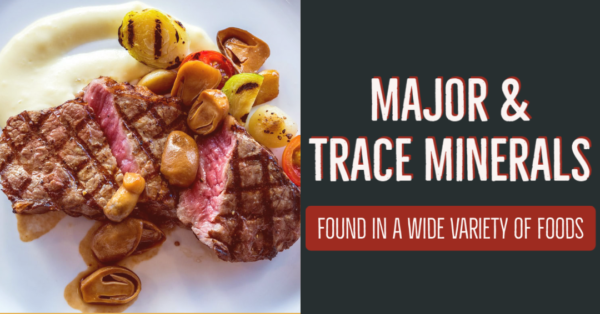
How Do You Get The Minerals That You Need?
Both major and trace minerals can be supplied through our diets. If you eat the following foods you can supply all of the minerals your body needs.
- Iodized salt
- Red meat
- Sea food
- Nuts and nut butters
- Milk and dairy products
- Vegetables
- Poultry
- Seeds
- Leafy Greens
- Fruits
- Egg Yolks
- Whole Grains
- Fortified Breads and Cereals
- Legumes and Beans
Essential Nutrients Conclusion
There are 6 essential nutrients and our bodies need each of them (with the possible exception of carbohydrates) in order to function healthily. Water, vitamins, minerals, proteins, fats, and carbohydrates.
With a balanced diet and proper hydration, most people can get all of the essential nutrients they need. Some people with restricted diets or health issues may want to talk to their doctors about a vitamin and/or mineral supplements to ensure they are getting all of the vitamins and minerals they need.
It is important to calculate how much of each of the macronutrients fat, protein, and carbs you need as an individual, especially if you are trying to lose weight, gain muscle, or change your body composition. Different macro calculators have been provided under each of those macronutrients.
If you have any questions about essential nutrients please let me know. I love hearing from my readers! Thank you so much for reading.
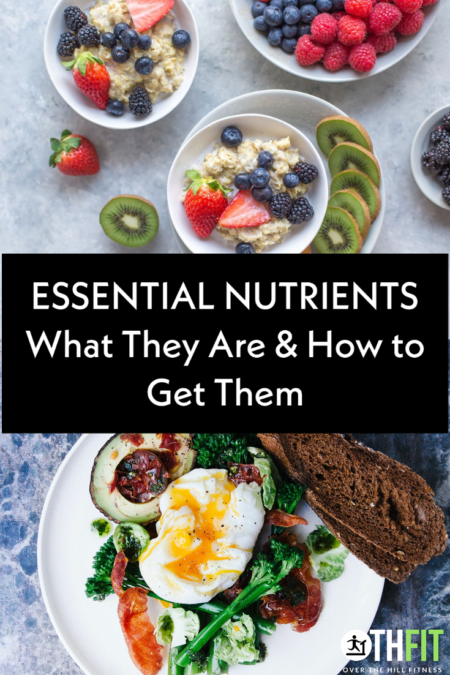
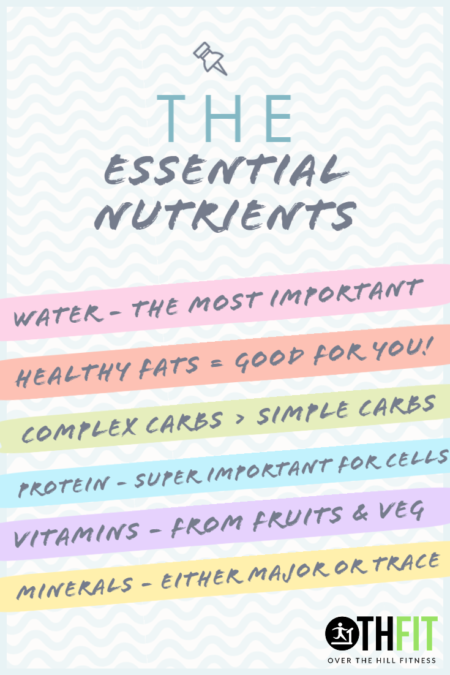
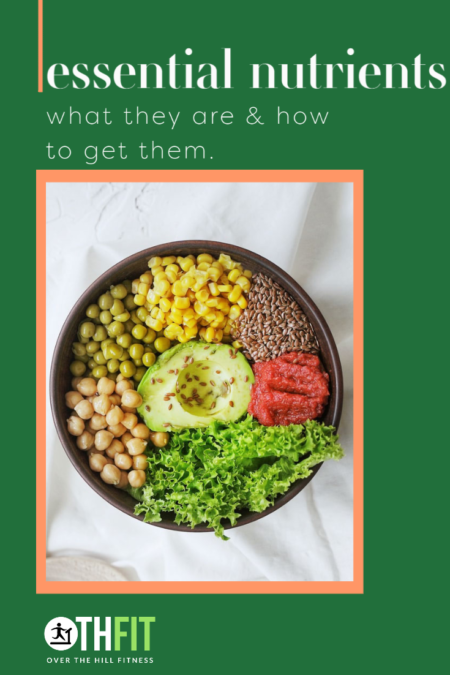





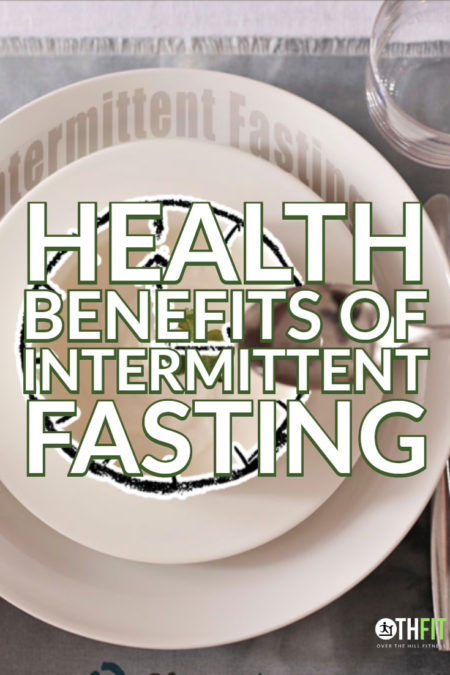
2 Comments
Kathleen Wonders
Wow, this felt like a blast from the past from one of my science classes! I think this is really important to know especially since we tend to focus more on calorie count. We need to check if we’re getting these essential nutrients as well! Thanks for sharing this. 🙂
Maura
Great post. Nutrition labels are so misleading, you really need to know what to look for.